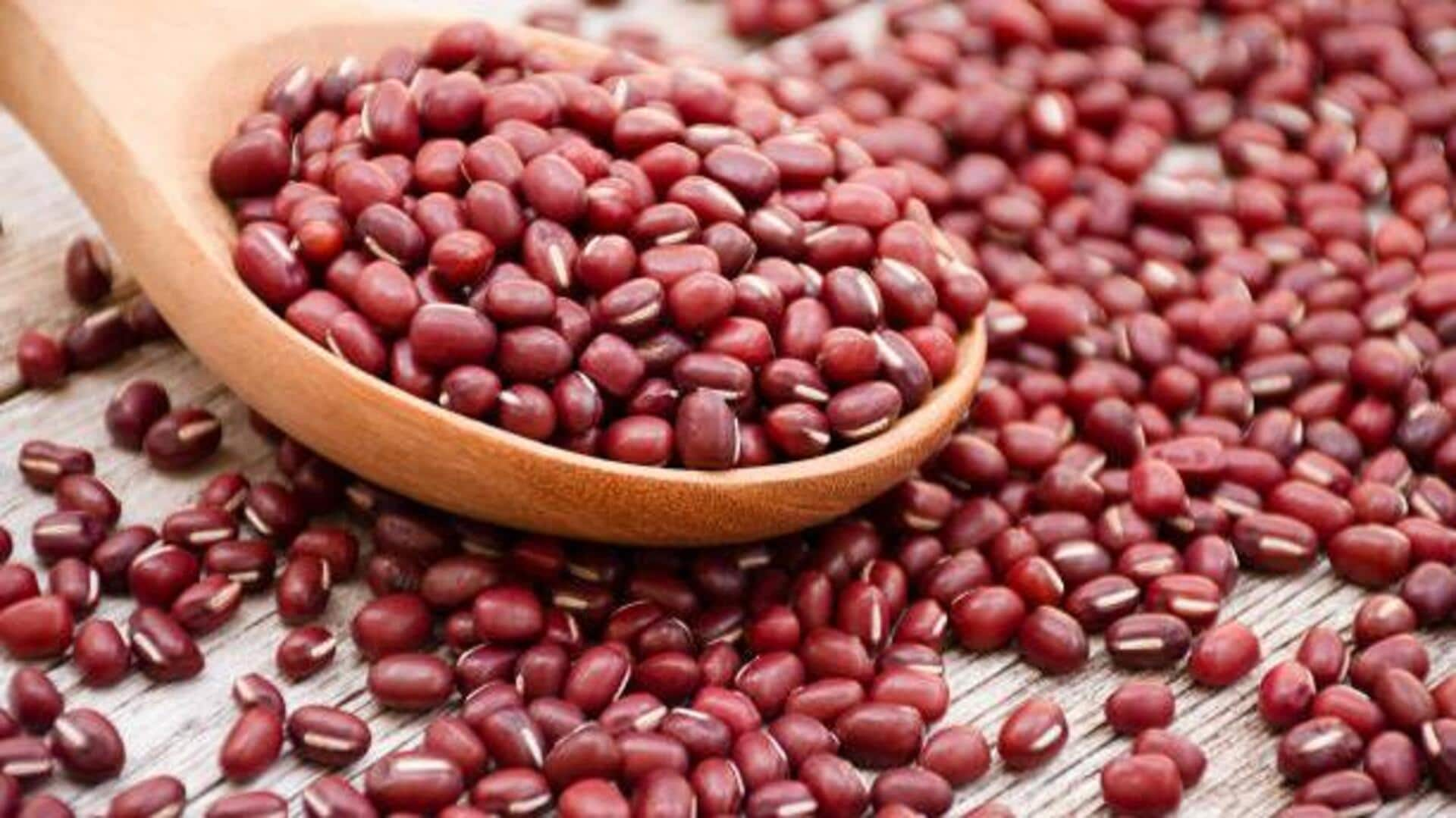
Mbuzi beans: Nutrition, uses, and more
What's the story
Mbuzi beans, a staple in many African diets, are gaining attention for their nutritional benefits. These small, versatile beans are packed with essential nutrients that can contribute to a balanced diet. Rich in protein and fiber, mbuzi beans offer a plant-based source of nutrition that supports health and wellness. Incorporating these beans into your diet can enhance your intake of vitamins and minerals while providing a satisfying texture to meals.
#1
Nutritional powerhouse of mbuzi beans
Mbuzi beans are loaded with protein, making them an excellent choice for vegetarians and vegans looking for alternatives to animal products. They also provide a healthy dose of fiber, which helps with digestion and keeps blood sugar levels stable. Plus, these beans are rich in iron, which is essential for transporting oxygen in the body. Their high folate content also promotes cell division and DNA synthesis.
#2
Versatility in cooking
One of the best things about mbuzi beans is their versatility in cooking. They can be added to soups, stews, salads, or even mashed as a spread. Their mild flavor makes them go well with a variety of spices and ingredients, making it easier to add them to different cuisines. This adaptability makes it easier for people to include them in their daily meals without changing the taste of their favorite dishes.
#3
Economic benefits of growing mbuzi beans
Growing mbuzi beans also has economic benefits, particularly in rural areas where agriculture is a primary source of income. These beans require less water than other crops, making them ideal for regions with limited resources. By cultivating mbuzi beans, farmers can ensure food security while also generating income from local markets or exports.
#4
Environmental impact considerations
The cultivation of mbuzi beans also contributes positively to environmental sustainability. As legumes, they have the ability to fix nitrogen in the soil, improving soil fertility naturally without the need for chemical fertilizers. This not only promotes sustainable farming practices but also reduces the carbon footprint associated with traditional agriculture methods.